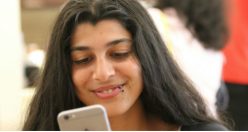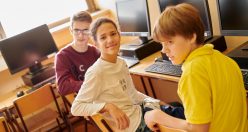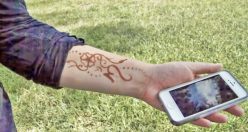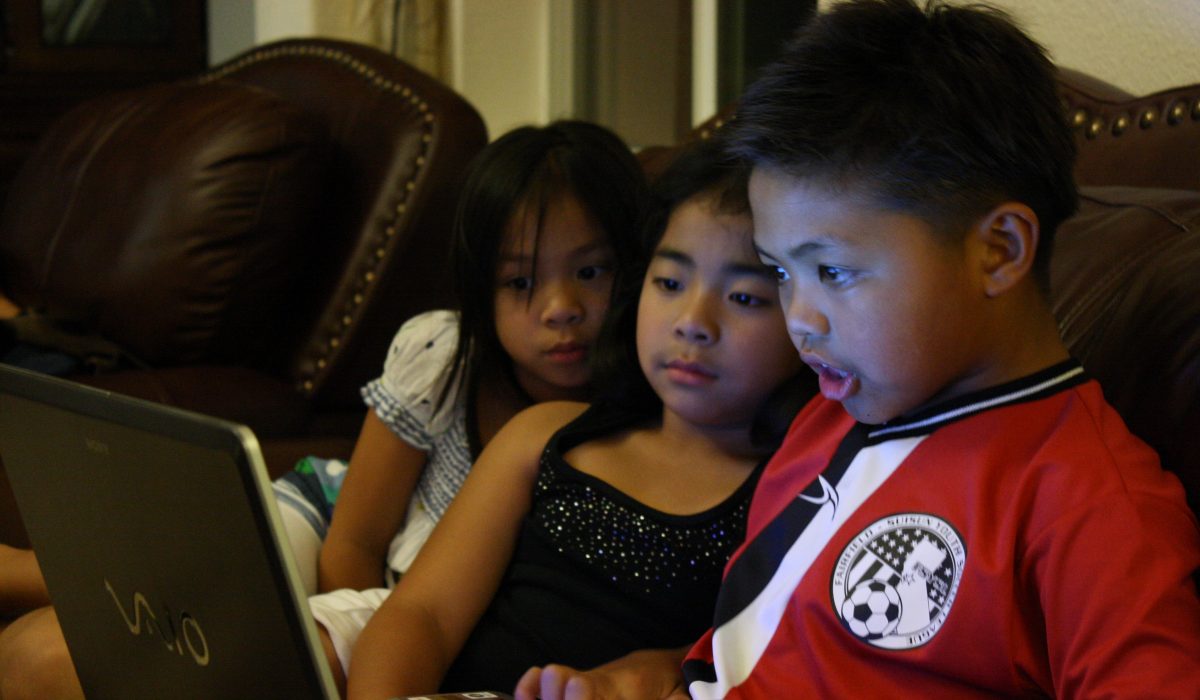Search Global Kids Online
-

International day against violence and bullying
4th November 2020
The UNESCO member states declared the first Thursday of November the International day against violence and bullying at school in recognition that school-related violence in all its forms is an infringement of children and adolescents’ rights to education and to health and well-being. In support of this initiative, we reflect on the comparative findings of the Global Kids Online network based on data among nearly 15,000 internet-using children in 11 countries across Europe, Africa, Southeast Asia and Latin America.
-

How to support children online during #Covid19
16th April 2020
When we published the Global Kids Online 11 country comparison report on online children’s experiences around the world, we hardly imagined that, just a few months later, those children with access to the internet would be relying on it so heavily for their information, education, entertainment, and connection with family and friends.
-

Setting the global research agenda for the new decade
11th February 2020
The Global Kids Online network continues to generate new findings, as more country partners join and extend the cross-national research effort. For the international Safer Internet Day 2020 we reflect on the lessons learned from recent research and think about the research agenda for the new decade.
-

Influencing policy and practice, building global understanding and action
8th January 2020
We commissioned an independent evaluation to understand the ways in which Global Kids Online research has been taken up and used in partner countries and internationally. The study found that Global Kids Online research findings are regarded as the premier resource on children’s experiences online, both in partner countries and by international stakeholders and influencers. The research has been used extensively to influence policy and practice in nine partner countries, to build global understanding and action, and to influence international debate and action.
-

Should we include more digital technologies in teaching?
7th November 2019
Montenegro is the first Global Kids Online country to produce comparable data on digital skills including children, parents and teachers. A national survey conducted by Ipsos, supported by UNICEF and Telenor, found that almost all teachers (94%) in Montenegrin primary and secondary schools use the internet on a daily basis. Educators tend to have better digital skills than children and parents. While teachers agree that the use of technologies improves the quality of education, many struggle to integrate diverse ways of using digital media in the learning process.
-

Children’s rights and resilience in the digital world
24th September 2019
The Sydney eSafety 2019 conference saw policy makers, researchers and practitioners from different fields and countries come together to discuss how to improve children’s digital lives. Our presentation on Global Kids Online (GKO) provided a foretaste of our 11 country comparative findings report, and the insights gleaned from an independent evaluation report of GKO impact in our partner countries. Both reports will be published in the coming few months – watch this space.
Popular tags








